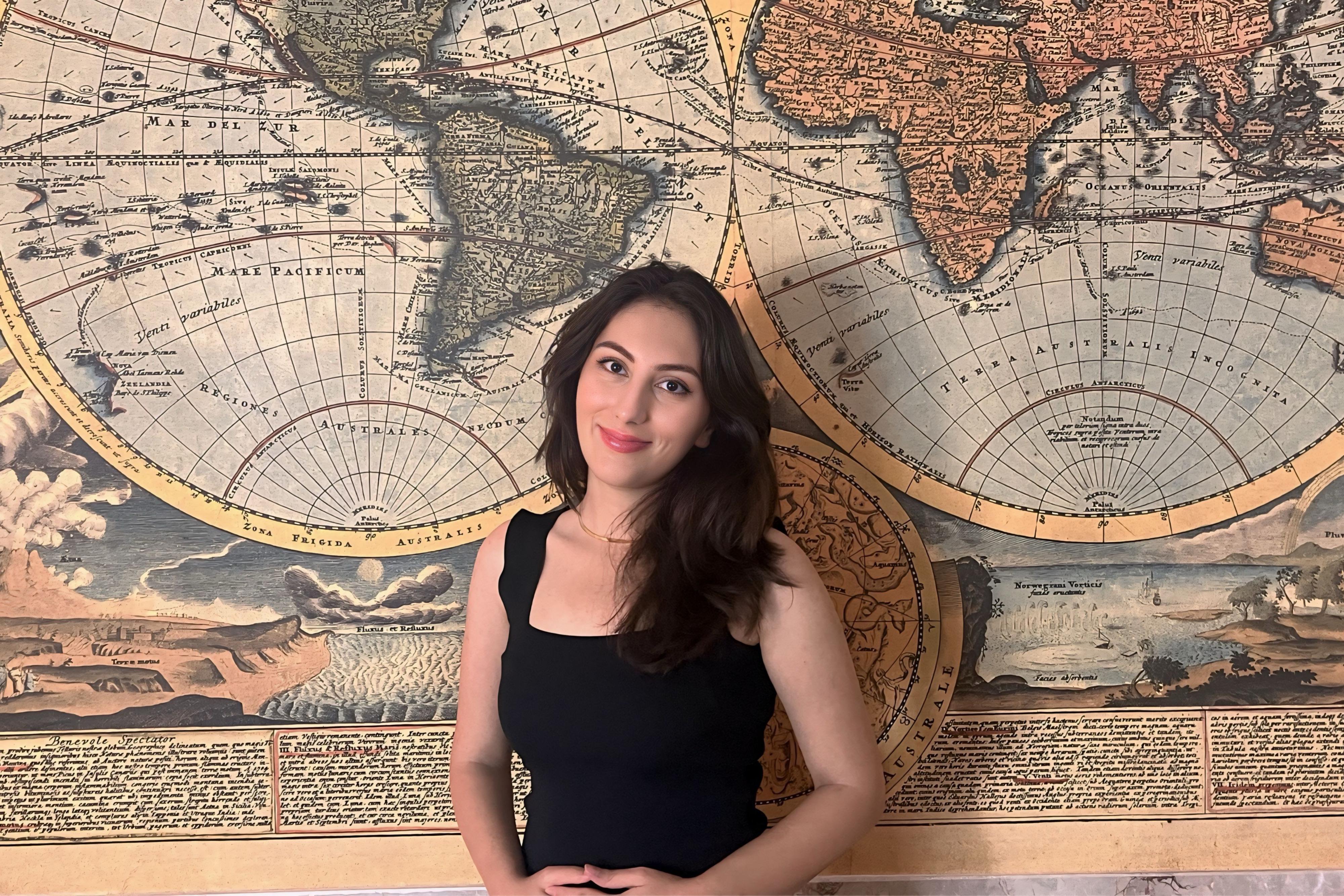Beijing+30 Youth Blog: Legal, social, economic, and political changes are crucial for a more just world
Date:

“Gender equality is more than a goal in itself. It is a precondition for meeting the challenge of reducing poverty, promoting sustainable development, and building good governance.” - Kofi Annan, Former Secretary General of the United Nations.
Throughout history, societies have been shaped by the power of words and expressions. It's essential to examine the role of women in this context – their quest for rights and the progress made towards gender equality. The principle of fairness and equal opportunities needs to be embraced by every part of society and reflected in laws that protect and support everyone.
One significant milestone in advancing gender equality is the Beijing Declaration and Platform for Action, adopted in 1995. It addresses crucial issues like poverty, education, health, violence, discrimination, and more. This declaration serves as is a guide to understanding and improving women's rights across the world. To truly grasp the challenges women face, we need to consider various factors - cultural, social, economic, and political. Presenting this context with specific references to women's social experiences at certain points will help us to understand the solutions beyond the numbers.
Data from reliable sources highlight some realities. Reports show that between 5-13% of women in Türkiye don’t complete basic education, even though gender distribution is balanced. This lack of education leads to economic hardships. Additionally, four out of ten women experience violence, and online harassment is a growing problem, with 51% of women facing threats or stalking on social media. Early marriages also remain an issue, with over 24% of women married before the age of 18.
In the workforce, women often face discrimination and earn less than men for the same work, holding only 19.6% of senior management roles and lagging in political representation. It is encouraging to note the progress made with regard to international treaties and policies affecting women's rights, cooperation, education and social awareness. This gives us reason to be optimistic about the future.
The Beijing Declaration continues to inspire changes in laws, policies, and societal attitudes towards women. To tackle these issues, we need to break down prejudices, enforce stronger laws, empower women, and integrate gender equality into education and daily life. By looking at our progress with optimism and recognizing where we can improve, we can create a better, brighter future.
As a woman and a future lawyer for gender equality, I believe that legal, social, economic, and political changes are crucial for a more just world. Women’s voices should blend with the global conversation and resonate through history.
The empowerment and full participation of women in shaping the trajectory of their societies is fundamental to sustainable development and the realization of human rights. Women's diverse experiences, innovative ideas, and societal contributions are indispensable in building inclusive, equitable, and resilient communities on a global level.
Here's to a future filled with justice, peace, and opportunity for all women, today and tomorrow.

Biography:
Göksu Merdanoğlu is a third-year honors student at the Faculty of Law in Türkiye. She is concurrently pursuing studies in political science and international relations through distance education. Göksu's academic interests encompass international relations, human rights, art, literature, and history. She values self-expression through writing and enjoys addressing audiences.
Email address: [ Click to reveal ]
Social media accounts: